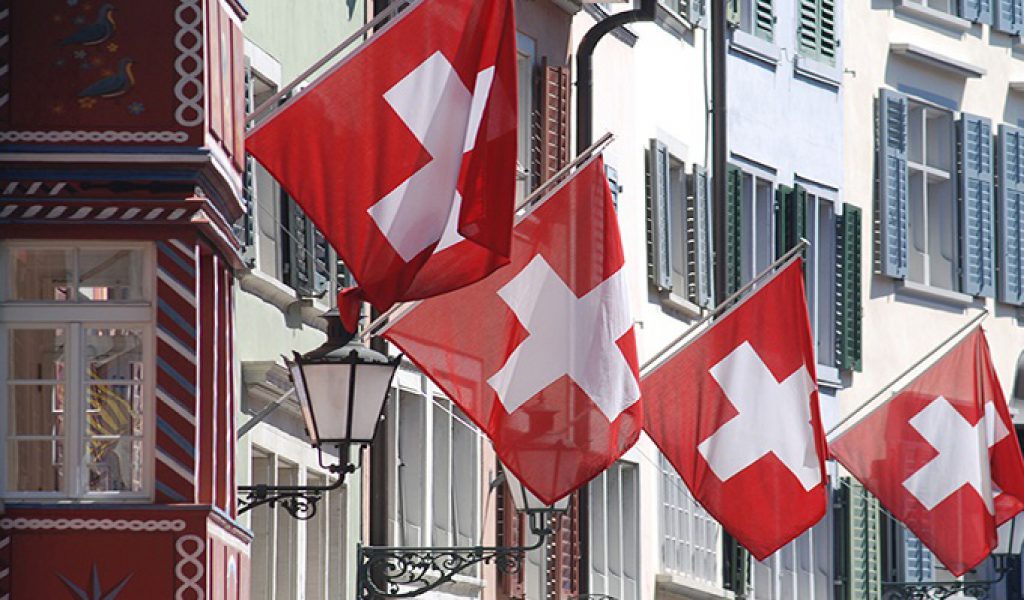Italy: where health is (almost) the richness
Italy has been ranked the healthiest country on Earth in the Bloomberg Global Health Index of 163 countries. According to the study, the average life expectancy in the country is 80-89 years, while 2,800 miles south in Sierra Leone, the average newborn will die by 52.
The Bloomberg Global Health Index ranks Italy, Iceland, Switzerland, Singapore and Australia as the countries with the healthiest populations, in that order. The ranking takes into account metrics such as mortality, life expectancy, the number of people with elevated levels of blood pressure, blood glucose, and cholesterol, as well as the prevalence of obesity, alcoholism, and childhood malnutrition in the country.
Also on the top ten are Spain, Japan, Sweden, Israel, and Luxembourg. On the Bloomberg list, the U.S. landed in 34th place, with a health grade of 73.05 out of 100, compared to Italy’s grade of 93.11.









